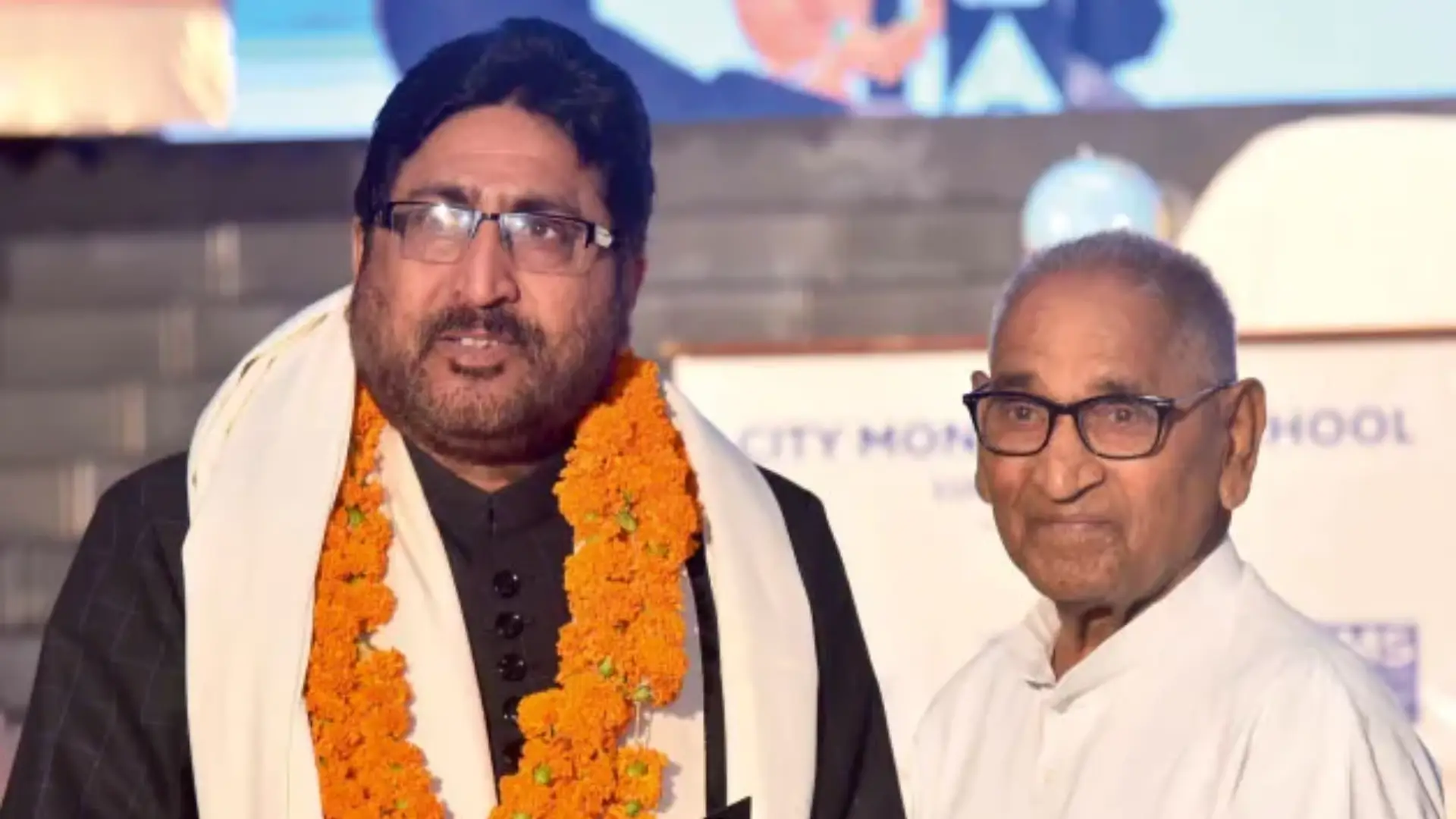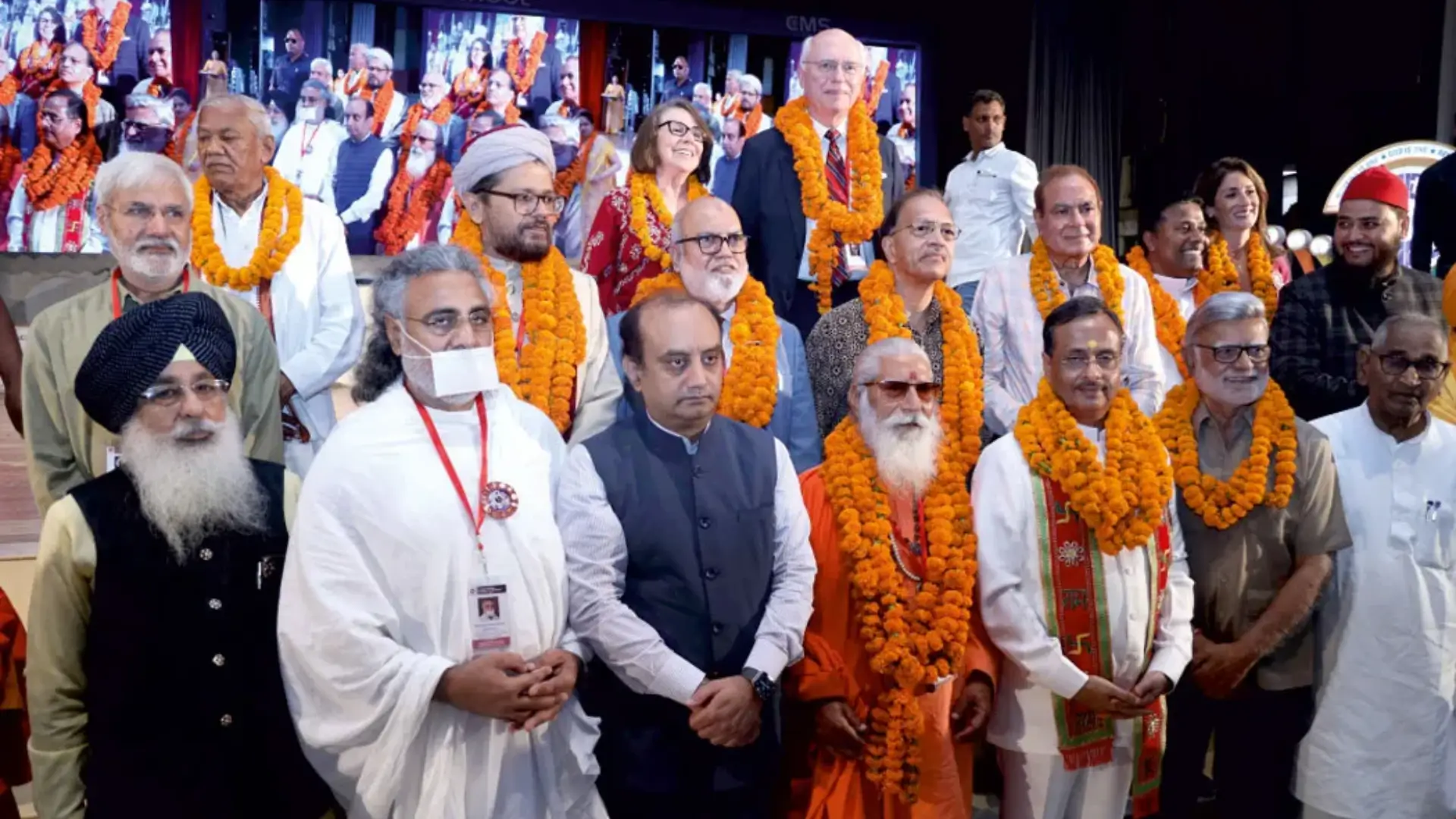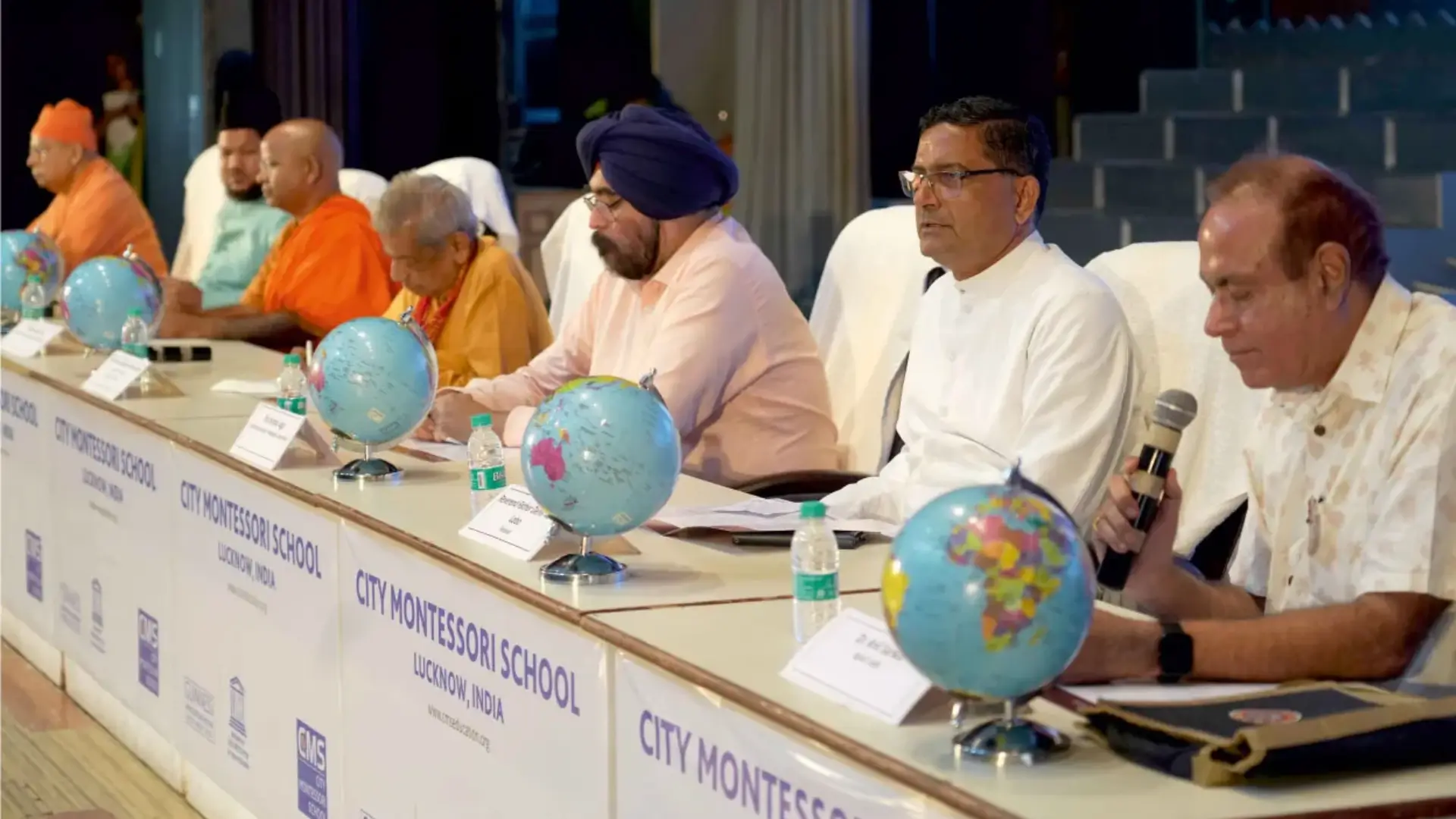10th International Interfaith Conference
‘Together in Faith, to Shape a Better World’
11th to 13th August 2025
The Importance of Interfaith Dialogue
Religion & Peace
Agenda
The objective is to bring together international, national, and local leaders of religion and expert analysts of religion, to dialogue together before an audience of children, teachers, and other stakeholders of society.
Empowering Youth for Religious Harmony
Religious Institutions Promoting Social and Economic Development






About the conference
Concept Note
In a world rich with diversity – of cultures, beliefs, languages and traditions – we find ourselves at a paradoxical crossroads. Even as technology collapses distances and global challenges call for shared solutions, many nations and communities are retreating into narrow spheres of identity, driven by isolationist ideologies and the rhetoric of self-interest.

The cry to “make only one’s own country great again” echoes
across borders, often at the expense of empathy, cooperation and understanding.
Intolerance towards differing worldviews and beliefs is no longer an isolated occurrence
but a global concern, threatening the very fabric of peaceful co-existence. In this fragile
context, interfaith harmony becomes not just desirable – but essential.
But why a school is organizing an Interfaith Conference
List of






